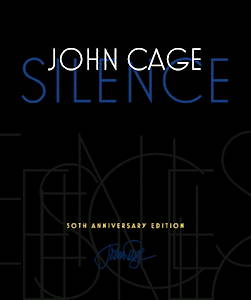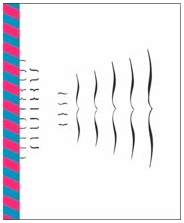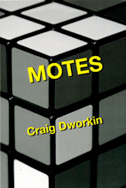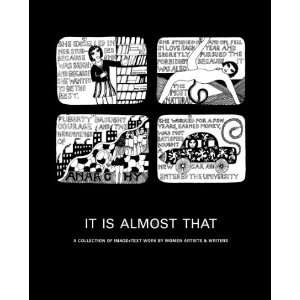Tiltfactor Open House!
Wednesday January 18, 2012 4-7pm
304 North Fairbanks
Come greet the new year with the folks behind Dartmouth’s Game Research Lab for an open house! Play video games and board games! Meet our student designers, staff, and founder Mary Flanagan– and play games! This time we will be playing Kinect games, and showing our own new games including POX for iPad and prototypes for our gender stereotyping and STEM field-related games, and we’ll discuss our new after school programs in Lebanon! And, we’ll play XBOX Kinect games and eat Thai food!
Huzzah!











